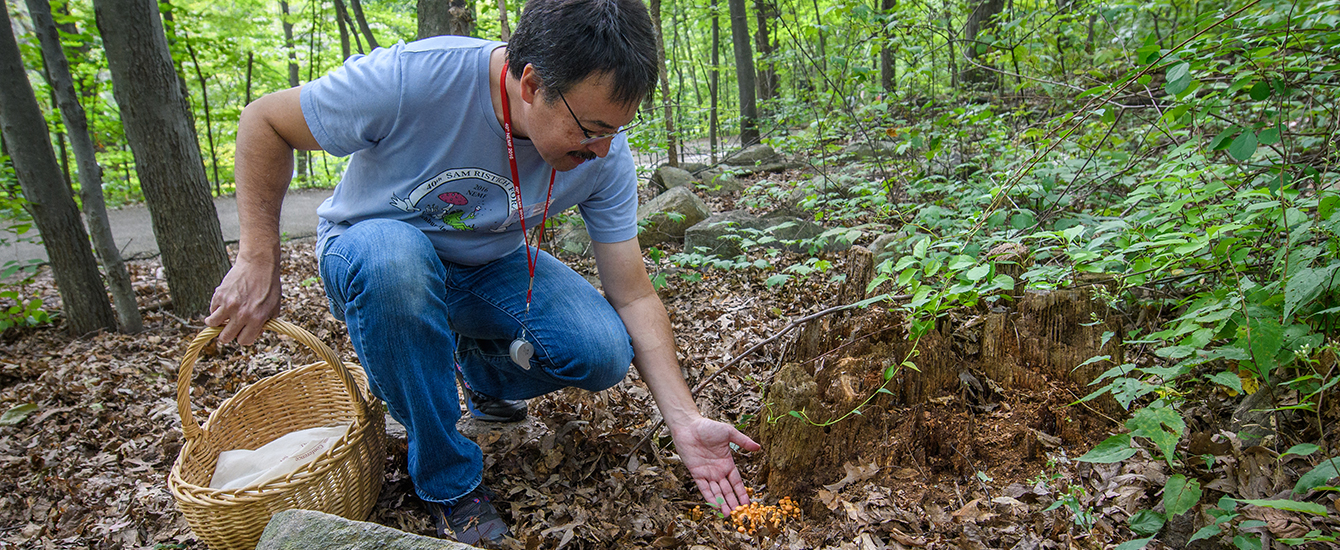Biology
Effects of temperature on maximum acceleration, deceleration and power output during vertical running in geckos
Abstract
We studied performance and kinematics of the diurnal gekkonid lizard Phelsuma dubia while running vertically on a smooth surface at different temperatures. Trials were conducted at 5°C intervals from 15°C to 35°C. High-speed video recordings and digitization were used to obtain measures of instantaneous velocity, acceleration, deceleration and mass-specific power output and maximal values for each were taken as performance measures. Kinematic variables were also obtained from high-speed video recordings and included stride length and duration, step (stance phase) length and duration, and duty factor. Maximal instantaneous velocity, acceleration and deceleration increased by a factor of approximately 1.7 between 15°C and 25°C, and less so (∼1.2X) between 25°C and 35°C. Mass-specific power output was more temperature-sensitive, increasing 2.5X up to 25°and a further 1.4X above that temperature. Stride length increased 1.5X over the entire temperature interval studied, while stride duration decreased by a factor of 1.9, suggesting that velocity is modulated by changes in both stride length and duration in P. dubia. Duty factor was not significantly influenced by temperature. Stride length was the only kinematic measure to be influenced by stride number, with second steps from a standstill being longer than first steps. We discuss the significance of velocity and acceleration being affected in a similar manner by temperature, and that speed is modulated by both changes in stride length and duration.



